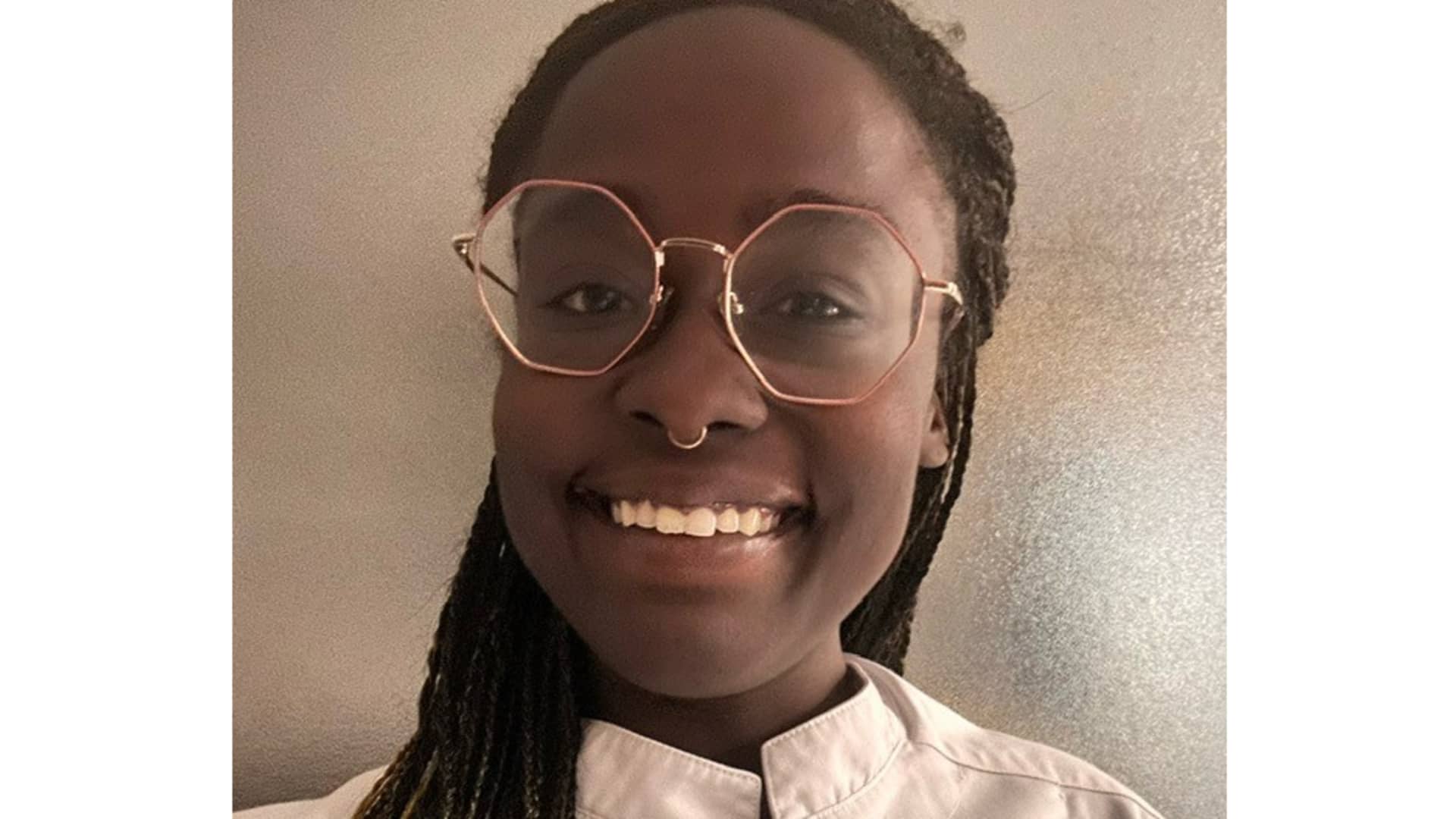
Valerie Valcourt has lived all around the U.S. in Seattle, New York City and Washington, D.C. But she made her biggest move yet last year when she quit her six-figure Big Tech job to go to pastry school in France.
Valcourt, 34, tells CNBC Make It she started the process in 2020 when, while earning just over $100,000 for a major company in Seattle, she was feeling "at a really low place" and wondering: "What would I want to be doing that would bring me joy?"
She'd always wanted to live abroad and go to culinary school, so she began researching her options. She saved $20,000 by moving home with family in Connecticut and, by mid-2022, was accepted into a culinary program in the south of France.
Valcourt officially moved to France in January 2023 and began her accelerated three-month program of intensive pastry courses and French lessons, followed by a four-month internship.
Get Boston local news, weather forecasts, lifestyle and entertainment stories to your inbox. Sign up for NBC Boston’s newsletters.
All in, she paid about 10,000 euros ($10,850) for tuition and another 1,800 euros ($1,953) for housing.

Quality living for less money
Money Report
Valcourt now works full time as a pastry assistant at the restaurant Maison Chabran in Pont-de-l'Isere, France.
She earns roughly 20,000 euros ($21,705) a year, less than a quarter of her previous American salary.
Even so, Valcourt lives comfortably on a lot less money in France.
To start, her employer covers her seasonal housing, at least until April when a new intern class starts. When she eventually finds her own apartment, Valcourt expects to pay roughly 300 euros ($326) per month for a studio or 500 euros ($543) per month for a 1-bedroom apartment. Some units even come furnished.
In her time living in some of the biggest and most expensive U.S. cities, Valcourt says she never spent less than $800 per month on rent even when living with roommates.
Most of her meals come from her restaurant job, so she rarely spends money on groceries. She'll start budgeting for her own food beginning in April and estimates it'll cost 30 euros ($33) per trip every two weeks, or up to 50 euros ($55) "if I'm feeling fancy and want extra snacks and things." She says she's continuously surprised at how fresh and high-quality the produce is, even at an affordable price.
Valcourt says having her living and food costs covered by her employer was "a big factor" in taking the job, especially just starting out in her culinary career.
"I'm not making tons of money, but I can afford to live here," she says. "I can have this pastry job, build up my resume and build up myself to get to the level I want to and not have to worry about where I'm going to put my head at night."
Transportation is "super easy" since Valcourt lives within walking distance of work. She can take the bus to get to a bigger city for about 1 euro ($1.09), and traveling Europe is very affordable by train or plane. Valcourt recently took a trip to Switzerland and spent 40 euros ($44) for round-trip train tickets. She saw another deal to travel from Paris to London by train for just 29 euros ($32).
Thanks to her low expenses, Valcourt has been able to save between 1,300 to 1,500 euros ($1,421 to $1,640) each month. She says she has "more than enough" to buy a car to explore even more of France, and to start paying for an apartment in the coming months.
Cultural differences at work and in life
Valcourt has noticed a big difference in how the French approach their work and personal lives, compared to the norms of American work culture.
She works at the restaurant for around 42 to 46 hours per week, and it varies if there's a holiday or the restaurant is slammed. Workers get two paid vacation days per month, or roughly five weeks off every year — generous by U.S. standards.
Valcourt and her colleagues work hard, but they're also protective of their breaks.
"The French are very adamant about not working overtime," she says. "When it's time to stop, it's time to stop, go home and rest."
She and her colleagues also support leaving work at the workplace and not letting stress build up at home.
Valcourt has also learned from co-workers that not all stereotypes are true. The French get a bad rap for being cold, she says, but she finds they're very friendly and love small talk. It helps that she is conversational in French, too.
Finally, she enjoys how the French approach celebrating things big and small. "There's always a fete happening on a national level or in the village," she says. Lucky for her and her passion for food, they often revolve around sharing meals together, and "the reverence for food and pastry here is super cool."
Valcourt feels fortunate her school and employers have helped her with the necessary visas to stay in the country, and she currently has a permanent employment contract with her company, which employs many foreign and seasonal workers.
She says she doesn't have a five-year plan but generally wants to learn as many cooking and pastry techniques as possible, and see as much of France while she can. She'll eventually return to the U.S. to be closer to family and has even talked with her dad about opening up a bakery together.
Conversions from euros to USD were done using the OANDA conversion rate of 1 euro to 1.09 USD on March 12, 2024. All amounts are rounded to the nearest dollar.
Want to land your dream job in 2024? Take CNBC's new online course How to Ace Your Job Interview to learn what hiring managers are really looking for, body language techniques, what to say and not to say, and the best way to talk about pay.






